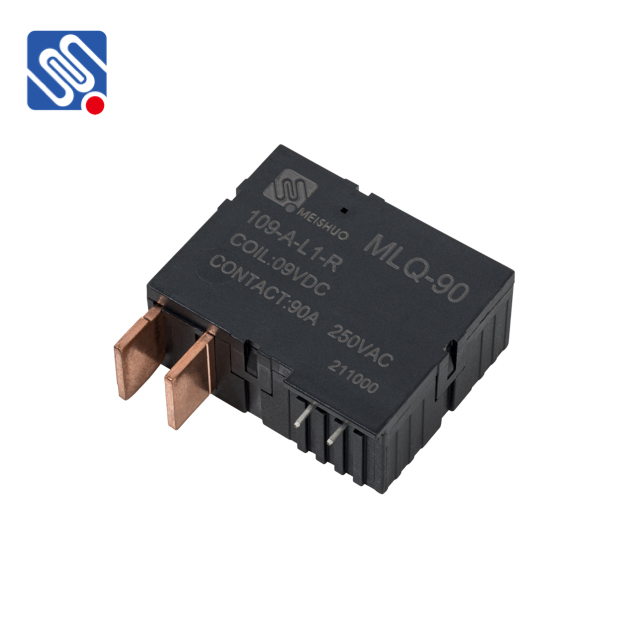relay reliability: understanding and enhancing network performance with meishuo
Release time:2025-05-03 20:03:00
Relay reliability is a key factor in ensuring the smooth and uninterrupted operation of communication networks. Whether it's in wireless communication, internet services, or data transmission systems, maintaining a reliable relay system is crucial to avoid disruptions, delays, and errors. The concept of relay reliability refers to the ability of a relay device or node to transmit data correctly and consistently between source and destination nodes, maintaining signal integrity and minimizing errors. Among various technologies designed to improve network reliability, Meishuo has emerged as a significant contributor to enhancing relay performance.

The Importance of Relay Reliability in Modern Communication Systems
In today’s increasingly connected world, reliable communication is fundamental. Systems such as wireless networks, satellite communications, and the Internet of Things (IoT) all rely on effective relay operations to ensure that data flows seamlessly. A relay system typically involves intermediary nodes that facilitate data transmission, serving as bridges between the sender and the receiver. The reliability of these relay nodes directly impacts the overall efficiency, speed, and accuracy of communication.
Without a dependable relay network, data packets could get lost, signals could degrade, and delays could occur, severely hampering the quality of service. As communication networks grow more complex, the demand for higher reliability increases. This is particularly important in applications such as emergency services, real-time communication, and industrial control systems, where even the slightest interruption could have serious consequences.


